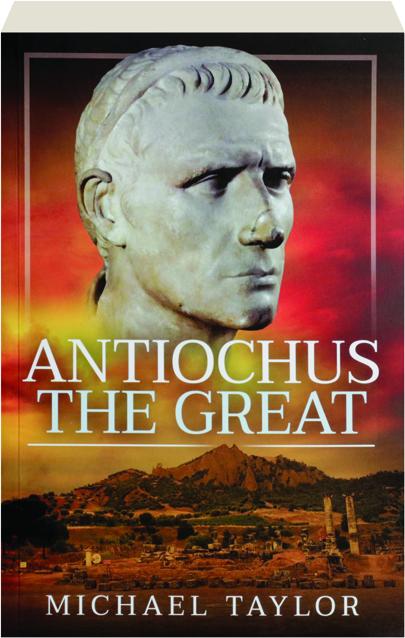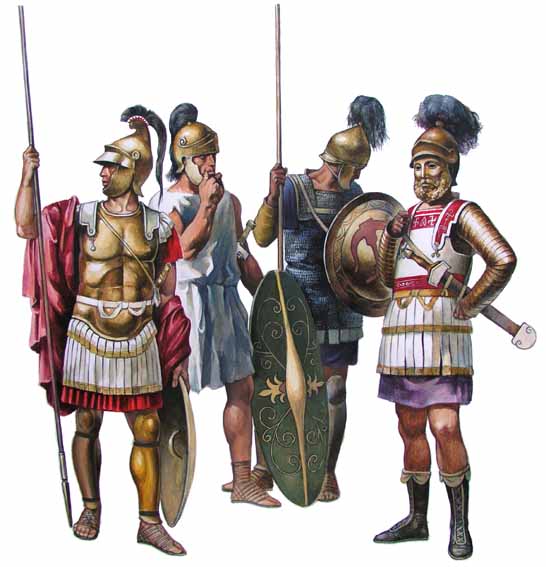 If you read the appendix and biographical notes to Penguin Classics The Age of Alexander by Plutarch, you see the original Game of Thrones. Alexander the Great’s generals and officer immediately set to to prove who was the strongest. Michael Taylor’s Antiochus the Great is a history of one of the more interesting descendants of Alexander’s Successors.
If you read the appendix and biographical notes to Penguin Classics The Age of Alexander by Plutarch, you see the original Game of Thrones. Alexander the Great’s generals and officer immediately set to to prove who was the strongest. Michael Taylor’s Antiochus the Great is a history of one of the more interesting descendants of Alexander’s Successors.
This is from Pen & Sword reprint from 2021, original publication from 2013. 160 pages of text plus appendices. I mainly know of Antiochus III (the Great) from Poul Anderson’s Time Patrol novel The Shield of Time and from Harold Lamb’s Hannibal. Antiochus III ruled the Seleucid Empire from 223 to 187 B.C. He came to the throne as a teenager. There were revolts, attacks from outside the empire, and court intrigue. He managed to put down the revolts and establish a degree of stability. He was able to conquer Coele-Syria from the Ptolemies of Egypt. He took his army all the way to current Afghanistan to the borders of India following in Alexander’s foot steps.
Antiochus became involved in Greek intrigue as the Aetolian League got him into war with Rome which had just finished the Second Punic War. Roman legions defeated the phalanx at Thermopylae and the huge battle of Magnesia in Asia Minor. A defeated Antiochus was forced out of Asia Minor and reduced to plundering temples for gold and silver. He came to an ignonimious end in Elam killed by an angry mob while attempting to loot a temple.
Taylor gives good descriptions of the armies and numbers. He makes a point the Hellenistic armies were not primarily mercenary but had a backbone of Greek and Macedonian colonists who would be called up for campaigns. Supplementing were native levies and some mercenaries. Antiochus was addicted to war elephants and used chariots with scyths on the wheels though they never worked before.
If you have an interest in ancient warfare and want to dig a little deeper, this is a nice book on warfare of the Successors of Alexander the Great.

Please give us your valuable comment